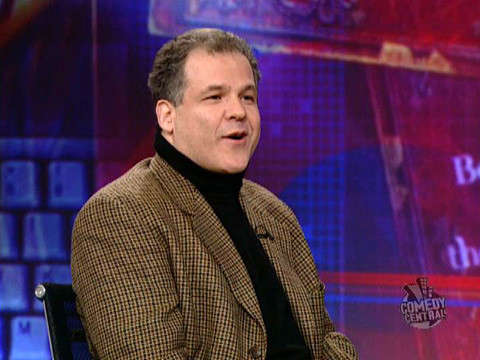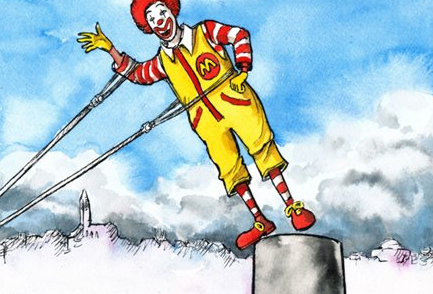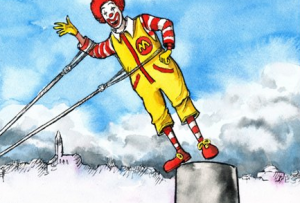Lee Siegel: The Horror of Implicit Whiteness
At TOO we often use the phrase “hostile elite” to describe our new, predominantly Jewish elite that has become ensconced in all the media high ground in America. Examples are legion, but it is hard to imagine a more blatant recent example of fear and loathing of White America than Lee Siegel’s “What’s race got to do with it?” (Well, maybe Rabbi Hammerman’s outburst against Tim Tebow comes close.) Published in the most mainstream of the mainstream media, the New York Times, Siegel is horrified by Romney’s Whiteness:
The simple, impolitely stated fact is that Mitt Romney is the whitest white man to run for president in recent memory. Of course, I’m not talking about a strict count of melanin density. I’m referring to the countless subtle and not-so-subtle ways he telegraphs to a certain type of voter that he is the cultural alternative to America’s first black president. It is a whiteness grounded in a retro vision of the country, one of white picket fences and stay-at-home moms and fathers unashamed of working hard for corporate America.
Mitt Romney the candidate of implicit Whiteness. Read more








